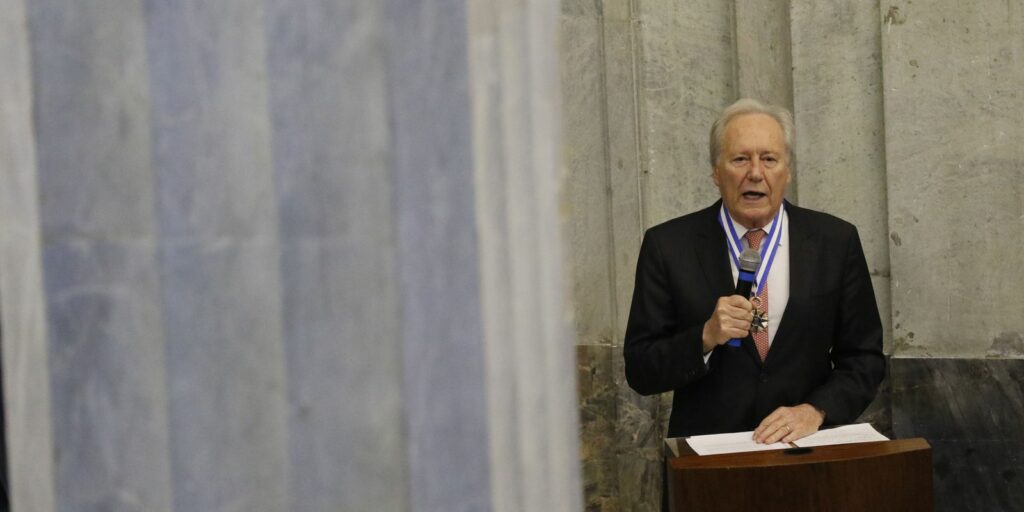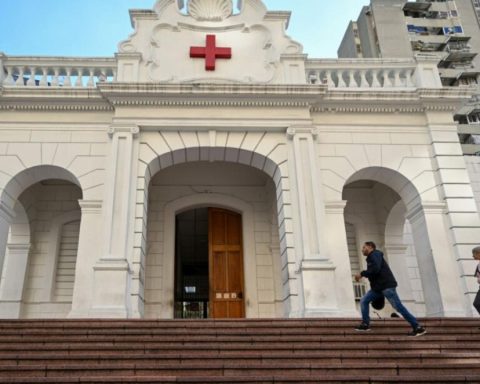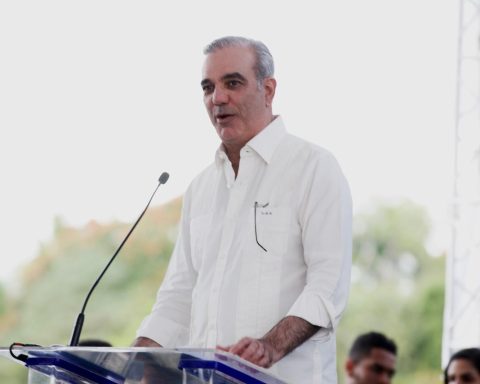According to the latest data from the Data Influye survey, published in March, at least 37% of those surveyed are interested in the new constitutional process. Of this total, 41% correspond to women and 33% to men.
The same survey indicates that the main qualifier given to this new process is “caution,” and that is how civil women’s and feminist organizations also view this opportunity to draft a new Constitution, for the moment, from the outside and vigilantly.
”This is a process that needs a lot of scrutiny and that requires, on the part of women’s and feminist organizations, to be very attentive. Because it is a constituent process, unlike the previous one, which corresponds to how the history of this country has been: with the elites, with centralism,” says the lawyer for Corporación Humanas, Paula Salvo, in conversation with The Braga Counter.
According to Salvo, after the rejection of the previous draft, this new process represents a “second opportunity” to once again reflect different rights for women at the constitutional level. However, it is the component of the –until now– absent participation of the social movements that keeps them vigilant.
“Political constitutions do not solve people’s lives 100%, but they do contribute if one has a legal framework that allows one to advance in rights, to be able to advance in a State that is effectively at the service of the people,” he stresses. The lawyer.
Will we be the most feminist Constitution in the world again?
“The Constitution that Chile will vote for, one of the most feminist in the world,” “A Feminist Constitution, key to responding to the historical crisis in Chile,” were some of the headlines that the international media took to describe the project previous constitutional.
This echo, which still resonates, leaves the doubt as to whether the feminist movement will once again be one of the fundamental protagonists in the new Magna Carta.
When consulting Paula Salvo about the possibility that this new process will allow one of the most feminist constitutions in the world to be written, once again, the lawyer believes that this is something that cannot yet be answered, but projects that it could eventually happen.
“What happened in the previous process was an absolutely novel experience, worthy – let’s say – of building a memory regarding what we managed to do, which was through parity,” says the representative of Corporación Humanas.
In detail, Salvo explains that the equal composition in the previous drafting body allowed for equal participation, which in turn caused “a virtuous alliance between the constituents, between women’s and feminist organizations and a theoretical body that it has been building for many years”, and – he adds – ”this virtuous experience has not been lost, it will continue on”.
Likewise, the political scientist and academic from the University of Santiago (USACH), Pamela Figueroa, agrees, the inclusion of parity in the conformation of the bodies in charge of the new discussion gives a good signal about the incorporation of women and their demands.
”We are just beginning this process, but it began with a joint conceptualization, that is, the three bodies were thought of in a joint manner. This is a very substantial advance, which responds to a regional and global trend, in the sense that it is a democratic principle, that is, democracy is conceived with the participation of women,” he underlines.
Parity until it becomes customary
One of the main issues that little by little has materialized in different areas is the principle of parity, especially in the institutional framework. Something that is also contemplated in this new process; However, a few days ago, when the Expert Commission presented the draft, it was striking that the parity was not explicitly written.
“There is a lot of concern, because what is included in the current text is only an idea of balance, of promoting certain conditions of equality, but there is no mention of the principle of parity,” stresses the political scientist, adding that “the text It must have as a principle the idea that democracy must be equal. It is still very insufficient, beyond the different perceptions that exist of feminisms in Chile, it is very relevant that the text proposed by the Expert Commission does not mean a setback in what we already have today (women) in terms of legislation, of physical autonomy, economic autonomy, and that is also at the level of what international treaties are.”
The same concern arises from Corporación Humanas, since they agree that parity must be an explicit principle in this first draft.
”If one were to look at this draft bill, the first observation one would have to make is that both the Committee of Experts and the Admissibility Committee are based on a principle of parity. But what is critical is when parity does not appear as a fundamental axis of this new text. It says ‘the equal participation of women and men will be promoted’, that’s old, from the 90’s”, warns Salvo.
This first objection to the draft could provide a projection on how the conquests and rights of women would be reflected in the next Fundamental Charter proposal. “We are not going to advance in a better life for half of the population in Chile if we do not have parity established in a mandatory manner,” says the lawyer.
feminist perception
It should be noted that parity is not the only issue that occupies the feminist agenda and it is sought to be able to enter the constitutional discussion again. The right to a life free of violence, recognition of care, sexual and reproductive rights, are some of the main demands that Corporación Humanas has identified.
”This process is different from the previous one and it will be more about minimums than maximums, and at least there are these points or these gender matters, which are absolutely necessary. The great unknown is how they are formulated in such a way that they are understandable, that they are explainable and that they make sense to those who are going to vote,” reflects Salvo.
It must be remembered that in the last campaign, one of the points that caused the most controversy was some fake news regarding the regulations contained in the draft, especially those of gender. For example, when Felipe Kast in a radio message pointed out that an abortion could be done up to nine months.
When consulting the representative of Corporación Humanas about her plan to ensure the interruption of pregnancy again at the constitutional level, Salvo believes that “the discussion has been very focused on the issue of abortion, and although they are part of our demands, We also have to raise the need for comprehensive sexual education, which are quite relevant issues and are largely absent from public discussion.”
Along the same lines, reflect on the impact that these fake news on gender issues, in the rejection of the last draft.
”I have my reservations, my doubts about thinking that it was rejected because it was a text that accurately and adequately included the human rights of women, but we do not know that because it is not clear. From my perspective, I consider that there are multiple reasons and that they do not necessarily have to do with a feminist agenda,” says the lawyer.
Given this reason, Salvo projects that the feminist and women’s movement, as well as their demands, will seek to enter again or influence this space for discussion from other places, in order to guarantee rights that have historically been demanded.
”We are going to be there, with our claims, with our demands, because they are fair, they are necessary and because Chile has ratified international treaties that establish these rights that we are pointing out and that have to be incorporated into the proposed text. Just as we demand it from the Commission of Experts, we will also do it to those who are elected and elected as constituents, “he concludes.

















